The deal to end the government shutdown offers a familiar lesson in Washington’s approach to governance: avoid hard decisions today, defer costs to tomorrow, and call it compromise. While ending the disruption provides welcome relief to air travelers, SNAP beneficiaries, and federal employees, the agreement itself represents everything wrong with how Congress approaches fiscal responsibility.
Senate Republicans reached an agreement with eight Democratic senators that follows Washington’s predictable playbook. Pass full year appropriations for some agencies (Agriculture, Veterans Affairs, military construction, and legislative operations) while funding the rest temporarily through January 30. Promise a December vote on enhanced Obamacare subsidies. Walk back workforce reductions that occurred during the shutdown. The result is another exercise in kicking consequential decisions down the road.
This pattern of governance by crisis and temporary extension has become so routine that we barely notice its corrosive effects on fiscal discipline and democratic accountability. Each continuing resolution, each temporary extension, each deferred decision reinforces the dangerous notion that hard choices can always be postponed to more convenient political moments.
The Price of Making Temporary Programs Permanent
Consider the fiscal implications of extending enhanced Obamacare subsidies, which carry a price tag of roughly $488 billion over the next decade. These subsidies began as temporary pandemic relief, emergency measures for extraordinary circumstances. Yet Congress now contemplates making them permanent features of federal spending, transforming crisis response into baseline entitlement.
This transformation reveals a governing philosophy that treats every government program as irreversible and every spending increase as a new floor rather than a temporary ceiling. What begins as emergency relief becomes standard policy. What Congress presents as temporary assistance becomes permanent obligation. The mathematical progression is inexorable: temporary plus ups become baseline spending, baseline spending becomes minimum expectations, and minimum expectations become political necessities.
The enhanced subsidies also represent inefficient use of taxpayer resources, subsidizing insurance companies and higher income Americans while providing minimal benefit to healthcare markets. Perhaps most troubling, these federal payments effectively bail out state and local governments that push early retirees onto federally funded Obamacare rather than managing their own pension obligations.
Spending Without Restraint
The appropriations portions of the deal tell their own story about fiscal discipline. Veterans Affairs and military construction spending increases from $146.6 billion in fiscal year 2025 to $153.3 billion in 2026. Legislative branch spending grows from $6.7 billion to $7.2 billion. Even Agriculture spending, which remains relatively flat at $26.7 billion, maintains elevated levels rather than returning to pre-pandemic baselines.
Should Congress pursue full year continuing resolutions for temporarily funded agencies, total discretionary spending would reach $1.68 trillion for fiscal year 2026. This represents not fiscal restraint but fiscal inertia, the tendency of government spending to grow automatically unless actively constrained.
More concerning is Congress’s plan to waive Pay-As-You-Go requirements that would normally trigger automatic spending reductions to offset new borrowing. The One Big Beautiful Bill Act authorized $3.4 trillion in new borrowing, which should require corresponding future spending cuts under PAYGO rules. Instead, Congress simply wipes the scorecard clean and adds another $2.1 billion in new mandatory spending for good measure.
These fiscal guardrails exist precisely to prevent the kind of deficit spending that has become routine in Washington. When Congress routinely waives the rules it writes for itself, those constraints become meaningless political theater rather than binding fiscal discipline.
The Generational Burden
This approach to governance imposes real costs on future Americans. Every dollar of deficit financed spending represents a commitment that tomorrow’s taxpayers will fund today’s political priorities. Every temporary program that becomes permanent creates new constituencies demanding continued funding. Every waiver of fiscal rules establishes precedent for future waivers.
Young Americans entering the workforce will inherit a federal government that has committed to spending levels far exceeding its revenue capacity. They will face higher tax burdens, reduced economic growth, and diminished fiscal flexibility to address future challenges. This represents not just poor fiscal management but a moral failure, the decision to enjoy government benefits today while transferring the costs to those who had no voice in making these commitments.
The math is unforgiving. Interest payments on existing debt now consume an increasing share of federal revenue, leaving less available for other priorities. Each year of continued deficit spending makes the eventual fiscal reckoning more painful and the available options more limited.
Principles for Fiscal Reform
Responsible governance requires acknowledging fiscal constraints as real limitations rather than political inconveniences. This means establishing binding spending caps that cannot be waived without extraordinary majorities. It means treating emergency spending designations as genuine emergencies rather than routine budget gimmicks. It means requiring real offsets for new spending rather than accounting maneuvers that defer costs to future years.
Congress should restore meaningful budget process reforms that force difficult choices during normal legislative procedures rather than manufactured crises. Automatic continuing resolutions could prevent government shutdowns while maintaining current spending levels, removing the disruption without rewarding fiscal procrastination. Binding discretionary caps with real enforcement mechanisms could constrain the automatic growth of government spending.
Most importantly, fiscal responsibility requires leadership willing to explain difficult tradeoffs to the American people rather than promising that all priorities can be funded simultaneously without consequence. Every government program serves constituencies who benefit from continued funding. Every spending reduction affects Americans who depend on those services. Leadership means making principled choices based on constitutional priorities and fiscal sustainability rather than avoiding choices through temporary measures and deferred decisions.
Beyond Crisis Governance
The cycle of government shutdowns, continuing resolutions, and temporary extensions reflects the breakdown of normal budget processes rather than their intended operation. When Congress cannot complete basic appropriations work within the fiscal year, when crisis manufacturing becomes standard procedure, when temporary funding becomes the primary mechanism for government operations, the system has failed its fundamental responsibilities.
Americans deserve governance based on fiscal discipline rather than fiscal theater. They deserve honest accounting that reflects the true cost of government commitments rather than budget gimmicks that hide future obligations. They deserve leadership that makes difficult decisions based on principles and priorities rather than deferring every hard choice to more convenient political moments.
The next funding deadline will arrive in January, followed by another crisis, another temporary extension, another opportunity to choose between responsible governance and political convenience. Each decision point represents a choice between sustainable fiscal policy and continued procrastination, between acknowledging constraints and pretending they do not exist.
The stakes extend beyond budget numbers to fundamental questions about democratic governance and generational responsibility. How we address these fiscal challenges will determine whether we leave future Americans a stronger, more prosperous nation or simply a larger burden of debt and unfunded promises.
Ending government shutdowns is important for Americans affected by federal services. Ending the spend now, reckon later mentality that created this crisis is far more essential for America’s long term prosperity and fiscal sustainability. That transformation requires more than temporary deals and deferred decisions. It requires the courage to govern based on principles rather than politics, on sustainability rather than convenience, on responsibility rather than expedience.
The moment for such leadership is now, before the choices become even more difficult and the consequences even more severe.

Lance Haynie is a public affairs professional with over two decades of experience in government relations, risk management, policy development, and strategic leadership. He has worked with local, state, and federal partners to advance practical, results-driven solutions that strengthen communities and improve how government serves the people it represents.
A Republican who believes government should remain limited, focused, and accountable, Lance draws on experience in both the public and private sectors to advocate for policies that promote freedom, responsibility, and individual opportunity. His writing explores the intersection of policy, leadership, and community success with a focus on responsible governance, local control, and solutions that empower people rather than institutions.

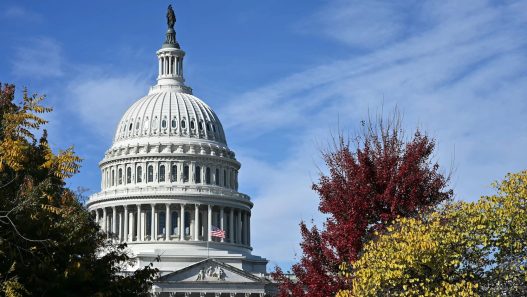






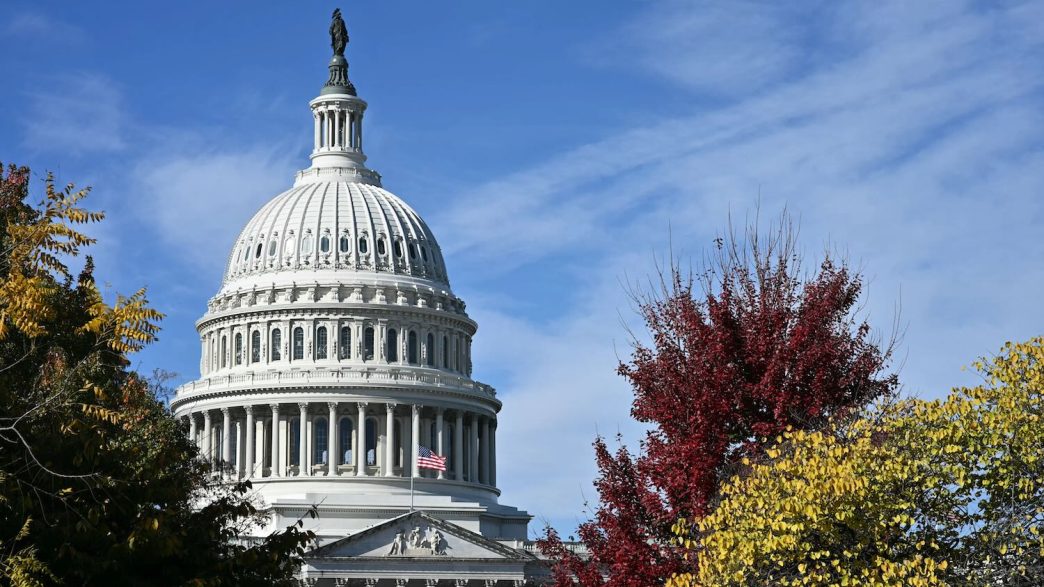
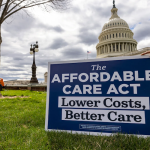


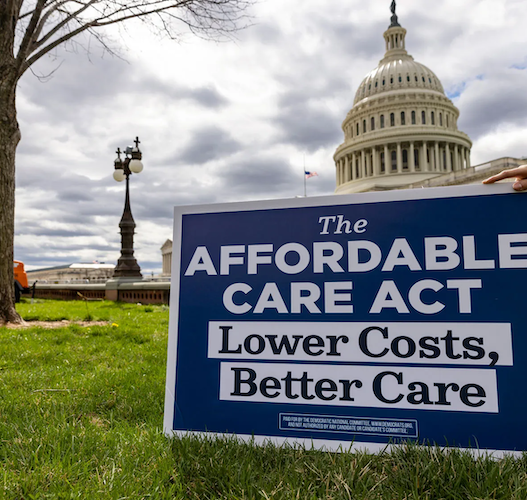


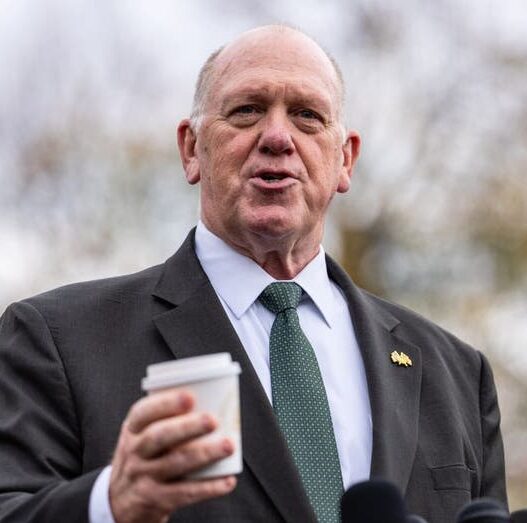

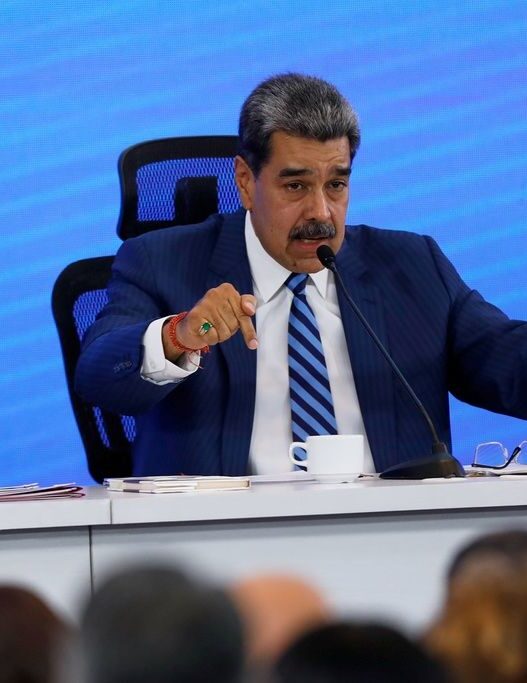

Articles written by Lance Haynie are licensed under a Creative Commons Attribution-NonCommercial-ShareAlike 4.0 International License.
The views and opinions expressed are those of Lance Haynie, and do not represent the official position of his employer or any affiliated organization.